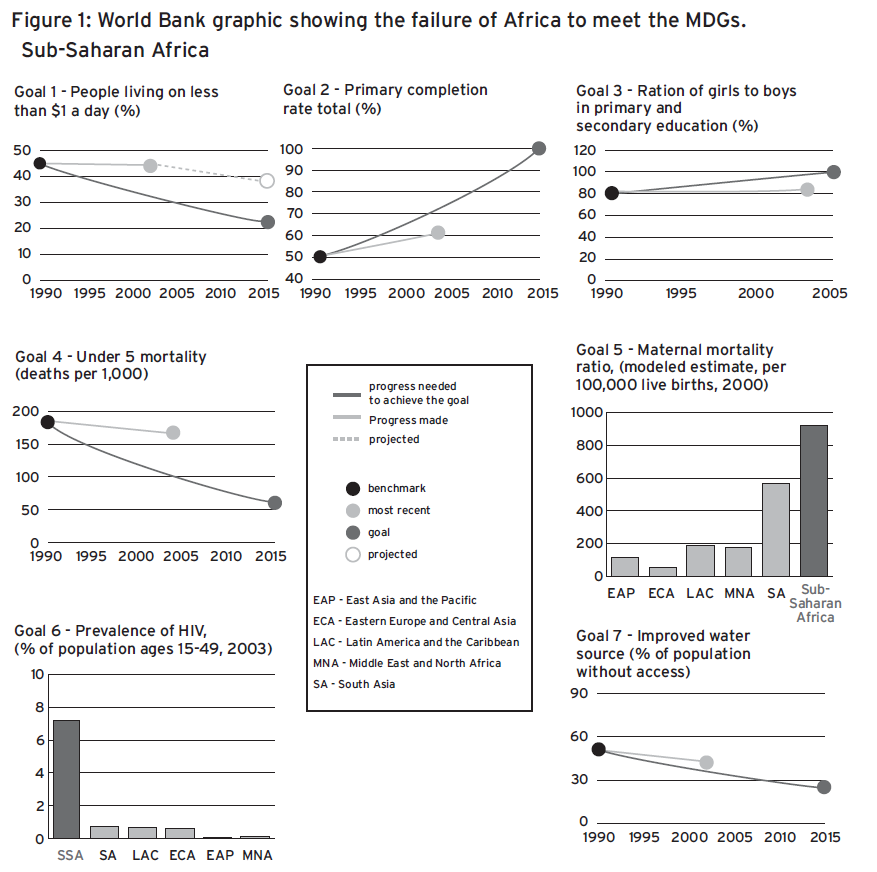The search for answers to society’s problems (or ways to improve what already exists) should be the fundamental reason that drives research. While curiosity, passion, and even hobbies could preempt our initial inclination to pursue social inquiry, they remain the beginning points that should point us to the challenges that society faces. This is even more important in the Global South where existing social inequities, have in part, been exacerbated by colonization, Capitalist expansion, and globalization, among other factors.

These inequities are evident in the levels that Africa in particular lags behind other continents in economic, social and political development (Dodo 2018; Easterly 2007). As a recent United Nations report stated, “Overall, the average score across all African member States was 53.82 in 2020, which is slightly higher than the 2019 average, but still implies that, after four years of SDG implementation, the African continent is only halfway towards achieving the SDG goals and targets by 2030 (UNECA 2022)” says the report. These inequities are, to name but a few indicators, evident in the levels of political poverty, political conflicts, social crises, unemployment, poor infrastructure, ill-health and climate change across the continent. It is therefore crucial that those who study African societies keep in mind, history, current situations, and implication for the future.
“After four years of SDG implementation, the African continent is only halfway towards achieving the SDG goals and targets by 2030.”
UNECA 2022
While scholars pay attention to personal observations, experience and current trends, the major way through which they identify their research questions, at least in the social sciences and humanities, is through a critical review of existing literature. The word community is loosely used to encompass its various elements; it could be physical (hospital, school, farm, etc.) or virtual (internet platforms like WhatsApp, Facebook; of gamers, immigrants, etc.). Community could also be local (neighbourhood, city, country, etc.) or global (international migrants, impact of COVID19, climate change, etc.). Community could also be conceptual (e.g. the development of communities of practice, building immigrant communities, transnational cultural transmission, etc.).

